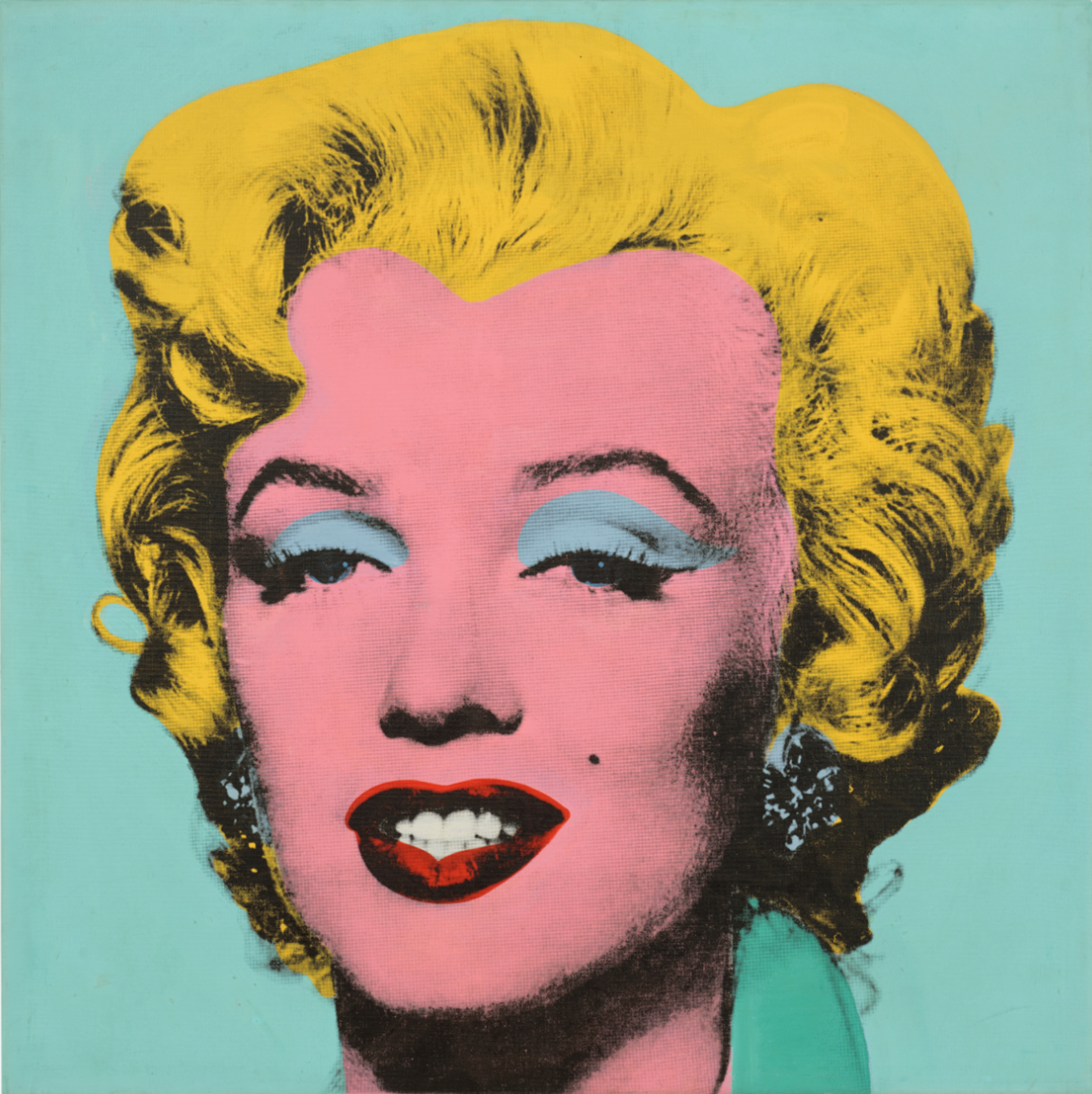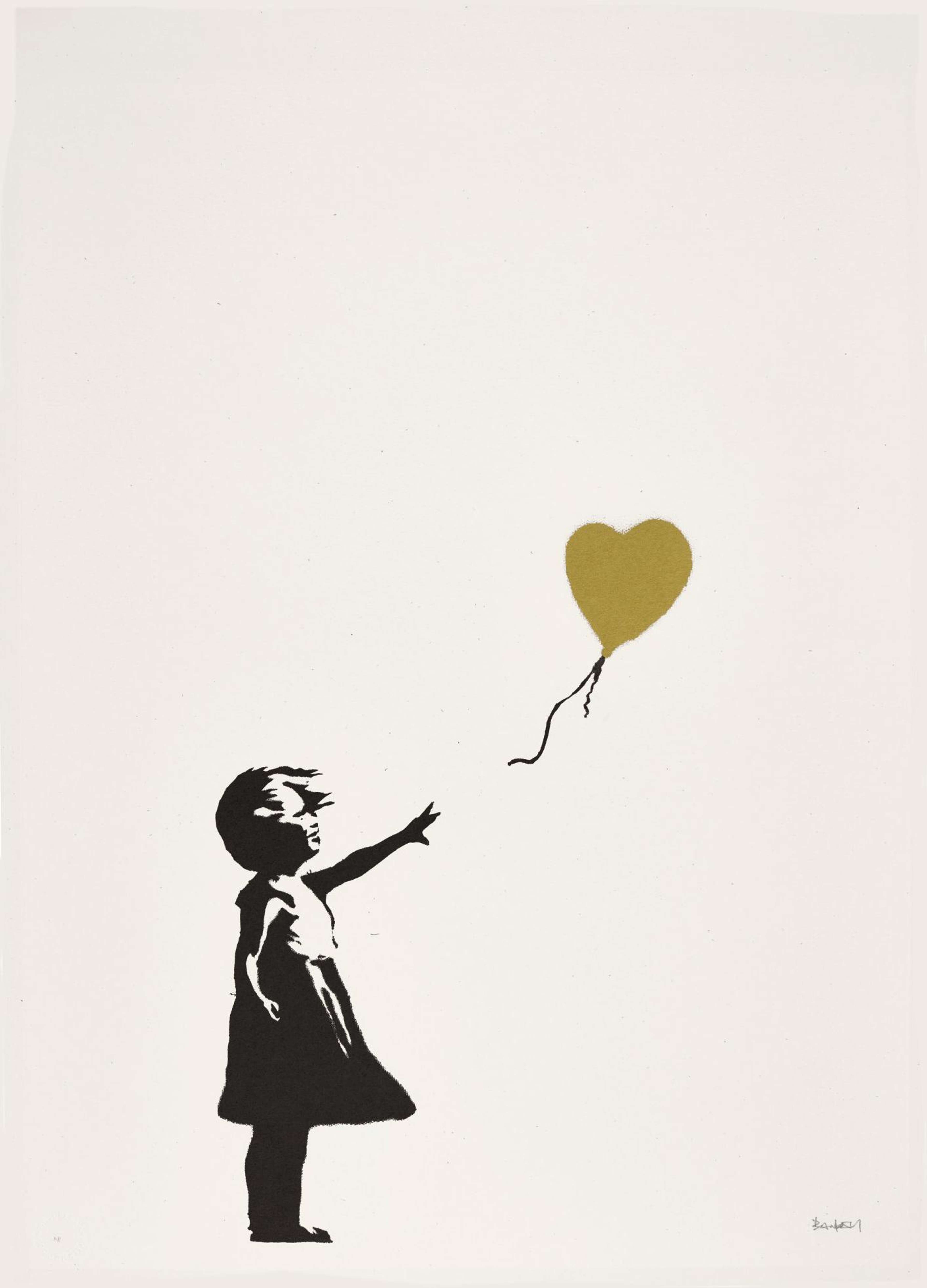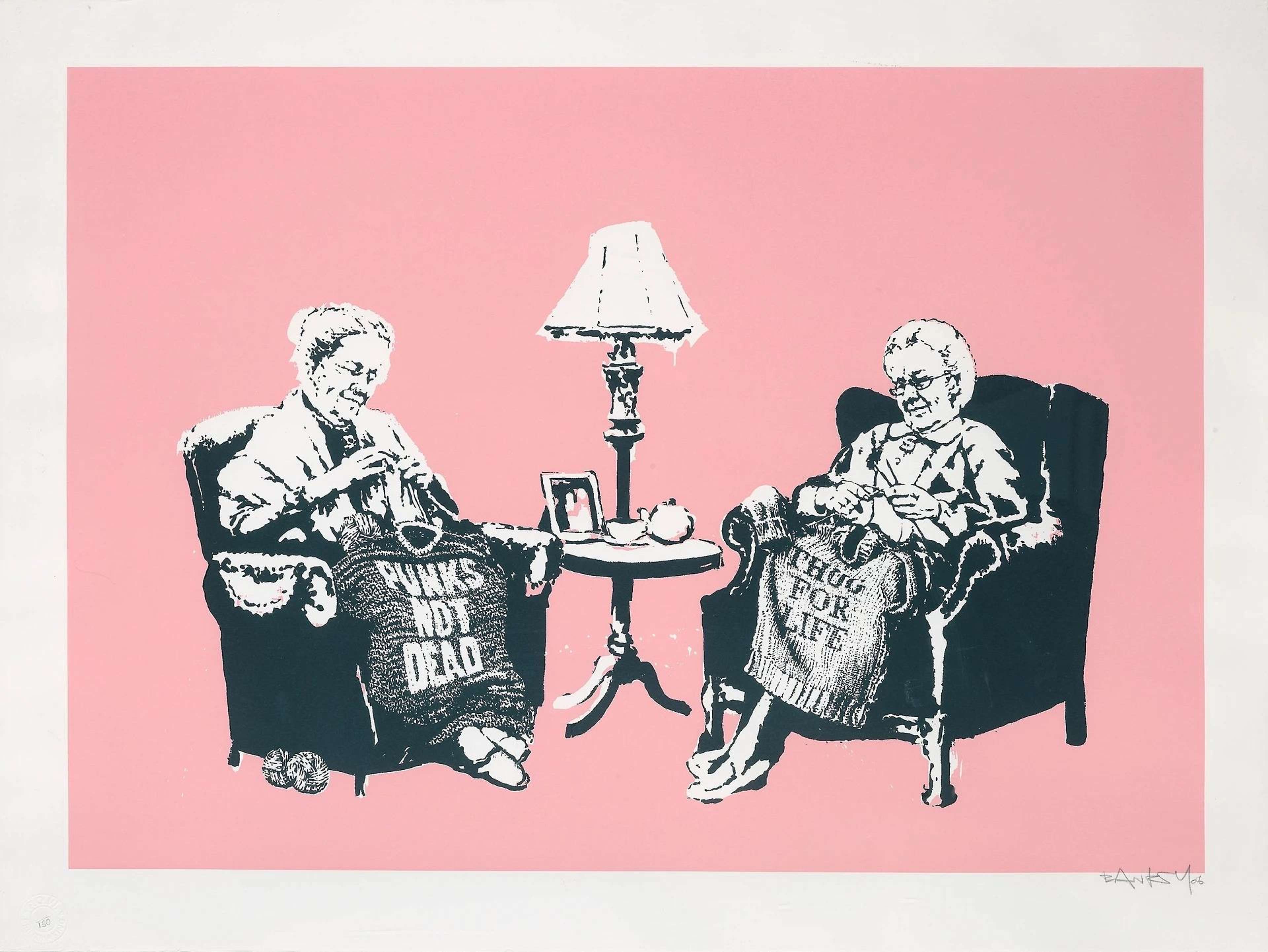 Dollar Sign 9 © Andy Warhol 1982
Dollar Sign 9 © Andy Warhol 1982Live TradingFloor
The luxury collectibles market is much more than investment. It’s about passion, community, and stability. Charlotte Stewart, Managing Director at MyArtBroker, considers the multi-faceted nature of collecting and the best ways to seize opportunities in secondary markets.
With Joe Syer, MyArtBroker’s founder and leading Banksy expert, we speak to Christy Davis, founder of Subdial Watches, and Anthony Zhang, co-founder and CEO of Vinovest. Whether you’re in the market for art, watches, or wine, we discuss why and how to start collecting.
Listen to the complete podcast here:
Q: Charlotte Stewart: Here at MyArtBroker, our collectors are driven by passion, and a need for something beautiful, iconic, or culturally significant. There is a desire for a sense of membership among collectors. Is this something you can relate to in your respective markets?
Christy Davis: Certainly. When it comes to watches, there is a fantastic crossover between passion and investment. Collecting becomes a vehicle to so much more: a vehicle to history, stories, knowledge, community. You get these real friendships among collectors across borders, and across the world.
Anthony Zhang: That’s a really good point. The focus is always on the story. Also, all collectibles are finite objects. You can’t go back in time and make the artist produce another artwork, or make the watchmaker create another one. Same with wine. You can’t go back in time and create a vintage that’s very popular. Supply and demand fuels the investment side of collecting, and the romanticised stories power the passion side of it.
Q: Joe Syer: In the art world we’re seeing more and more new collectors coming into art that they’ve never been interested in before. I feel things are definitely spreading quicker. Anthony, is it as quick in the wine market?
AZ: Yes. I think COVID played a really huge role in that sort of acceleration. All three of our industries are pretty traditional. But with lockdowns, at least with winery, people had to start embracing a digital and online experience. When travel and restaurants and other experiences were put on hold, people still wanted to do something to further their interests - whether that be spending on a nice watch, acquiring a beautiful painting, or saving up for a nice case of wine.
JS: A similar thing happened in the art market. We were very fortunate with the Banksy market, it pretty much tripled in value. A lot of people thought that COVID would have a negative effect. But in reality, it was like a feeding frenzy. The demand was insatiable. Perversely, COVID was very good for our business and the market.
Q: CS: Do you find that new collectors have generally been good actors, buying pieces for the right reason? Or do you find that the market has attracted a lot of flippers?
JS: You definitely see a lot of flippers and short-term holders, but that’s always been the case in the art market. Since the beginning of 2020, I would say there are more collectors geared up towards the investment side of it, rather than passion.
AZ: We actively try to discourage short-term thinking. The stability of our markets encourages long-term thinking. It’s the community and meeting people and learning the story that keeps people there. Falling in love with what you collect is what leads to a more fulfilling experience.
CD: I think if you’re doing it without passion, you’re missing the whole fun of it.
Q: CS: Let’s talk about transparency. When Ian and Joe set up MyArtBroker, they were collectors themselves. They looked at the market and realised it didn’t provide what they needed. Christy and Anthony, what inspired you?
CD: Like you guys, we came to the watch industry as amateur enthusiasts. I’ve built a lot of knowledge since, but at the time we were interested in the market as relative outsiders. We wanted to build a better way to sell watches, trying to bring transparency from the start. If we moved towards perfect market knowledge, we could operate more like a market maker.
AZ: The luxury market is so opaque. Traditionally, it was only available to people who were either very well connected, very wealthy, or both. This isn’t very welcoming to a 25-year-old who wants to buy their first painting or invest in their first watch. I think that’s part of what pushes me, believing that everyone deserves the same quality of information and experience.
Q: CS: Trust, provenance and value data is more important than ever before. Are there strict rules and regulations you adhere to?
AZ: With any luxury product, when the demand outstrips the supply, counterfeiters see the opportunity and get to work. To curb this, we do most of our buying directly from the source. Or, with very expensive wines, we give the winery a call and ask for bottle numbers. If we don’t feel 100% confident, we just won’t buy it. If you have one fake, the whole thing blows up.
CD: For us, the vast majority of counterfeit watches are not trying to be real watches. A lot of our know-how comes from the watch community itself. Fundamentally, issues of provenance are not on the person who’s buying. It’s on us, and we take great measures to ensure authenticity.
JS: If you’re not prepared to check on every detail, there’s a red flag there. I learned a goof lesson when I bought one of my first Banksy’s. It was a framed Grannies. When I had it reframed, there were so many issues with it. After this, I never sold anything in the frame. Everything we sell at MyArtBroker is unframed, with a full condition report carried out.
Q: CS: If you’re talking to a new collector who’s unfamiliar with these markets, with a potentially limited budget, what would you recommend they buy now? Especially considering we are on the cusp of recession?
AZ: The most important thing is knowing our clients’ price ranges. The other thing we ask is their time horizon as different wines, given their age and maturity level, are set to reach their peak drinking windows at different times.
JS: We’re very much on the same page. We only deal in established markets that have existing track records. We also make sure our clients can afford it, and don’t rely on credit cards or loans to collect. Ultimately, if you’re going to buy an artwork to hang on your wall, you’ve got to enjoy it.
 A. Lange & Sohne, Lange 1 Ref 101.030 c.2005
A. Lange & Sohne, Lange 1 Ref 101.030 c.2005Q: CS: I know you’re all collectors yourselves. Is there a pièce de resistance that you would like to own one day?
CD: For me it would have to be a watch from A. Lange & Sohne. It’s a German watchmaker with a really long, interesting history, which was relaunched in 1994. I’d want the Lange 1 in white gold with a grey dial on it. But then it’s always changing, that’s the fun of it. You’re always learning something new, the market changes, and tastes change with it.
AZ: I’d want the 1945 Domaine de la Romanée Conti. There’s only five of them I existence. It would be like tasting a piece of history, and sharing it with great friends and family. That’s what wine is all about: the fleetingness of it adds to the romanticism. Once you buy it, you have to drink it, and then it’s gone.
JS: I’d probably want one of Warhol’s Shot Marilyn’s. It’s a huge piece of art history that I would love to own. Banksy is a close second.











